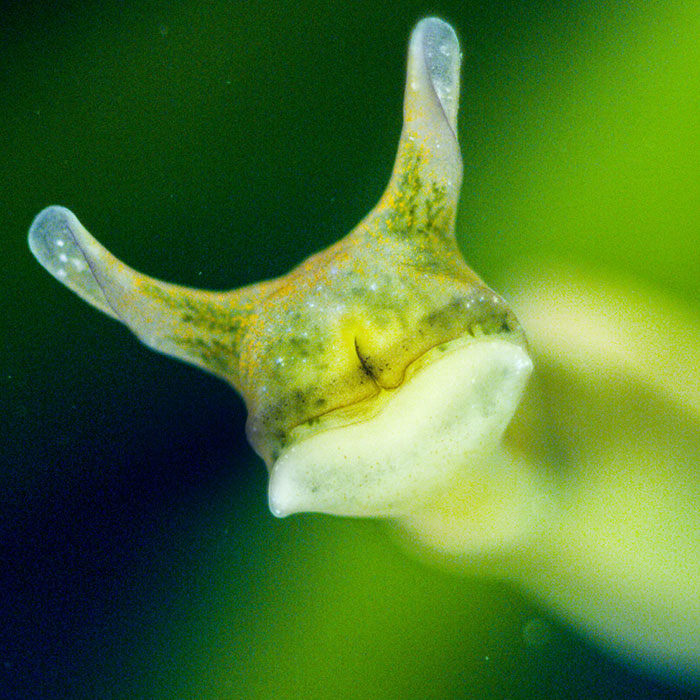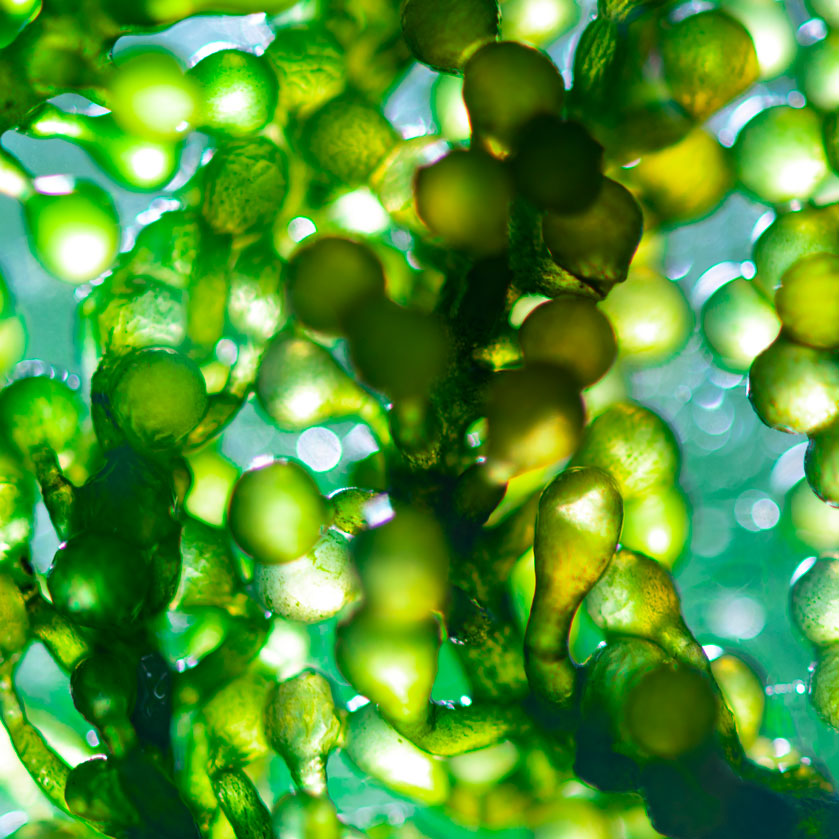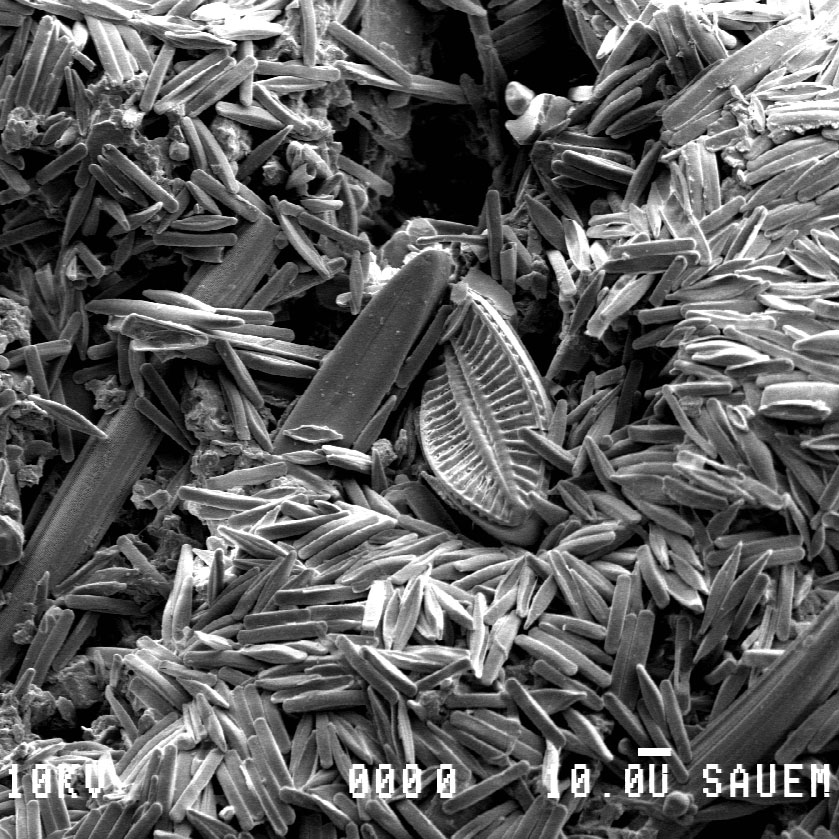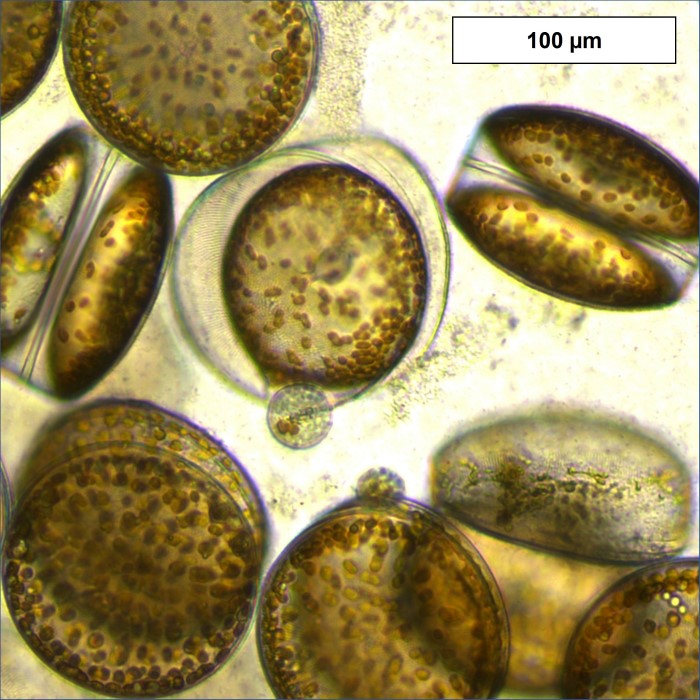Research
About our work




Phototrophic organisms have a remarkably strategy for harvesting light energy and accumulating chemical equivalents, a process known as photosynthesis. The energy of the Sun is captured by pigments (chlorophylls and carotenoids) located within the powerhouse of the photosynthetic cell: the chloroplast. While light is fundamental to drive photosynthesis, it may on the other hand damage the organisms as high irradiance promotes the formation of reactive oxygen species. MP2Lab research team studies the unique interactions of light with the photosynthetic systems of marine organisms, in particular the multitude of photoprotection mechanisms that are designed to prevent damage (photoinhibiton). Our research expands from diatom photonic structures to the unique capacity of a group of sea slugs to steal functional chloroplasts from algae. Applied research at MP2Lab includes optimization of algae growth conditions, and the prospection of bioactive compounds and biomaterials derived from marine phototrophic organisms.
Projects
Traceability of edible macroalgae using Compound-Specific Isotope Analysis.
Funding: 50.000 €
Natural photonic nanostructures: From implications in diatoms towards next generation nanobiodevices.
Funding: 250.000 €
Effects of light on the photobiology and growth of the commercially valuable macroalgae Codium tomentosum.
Funding: 240.000 €
Physiological and behavioural photoprotective processes against oxidative stress in marine photosynthetic symbioses.
Funding: 50.000 €